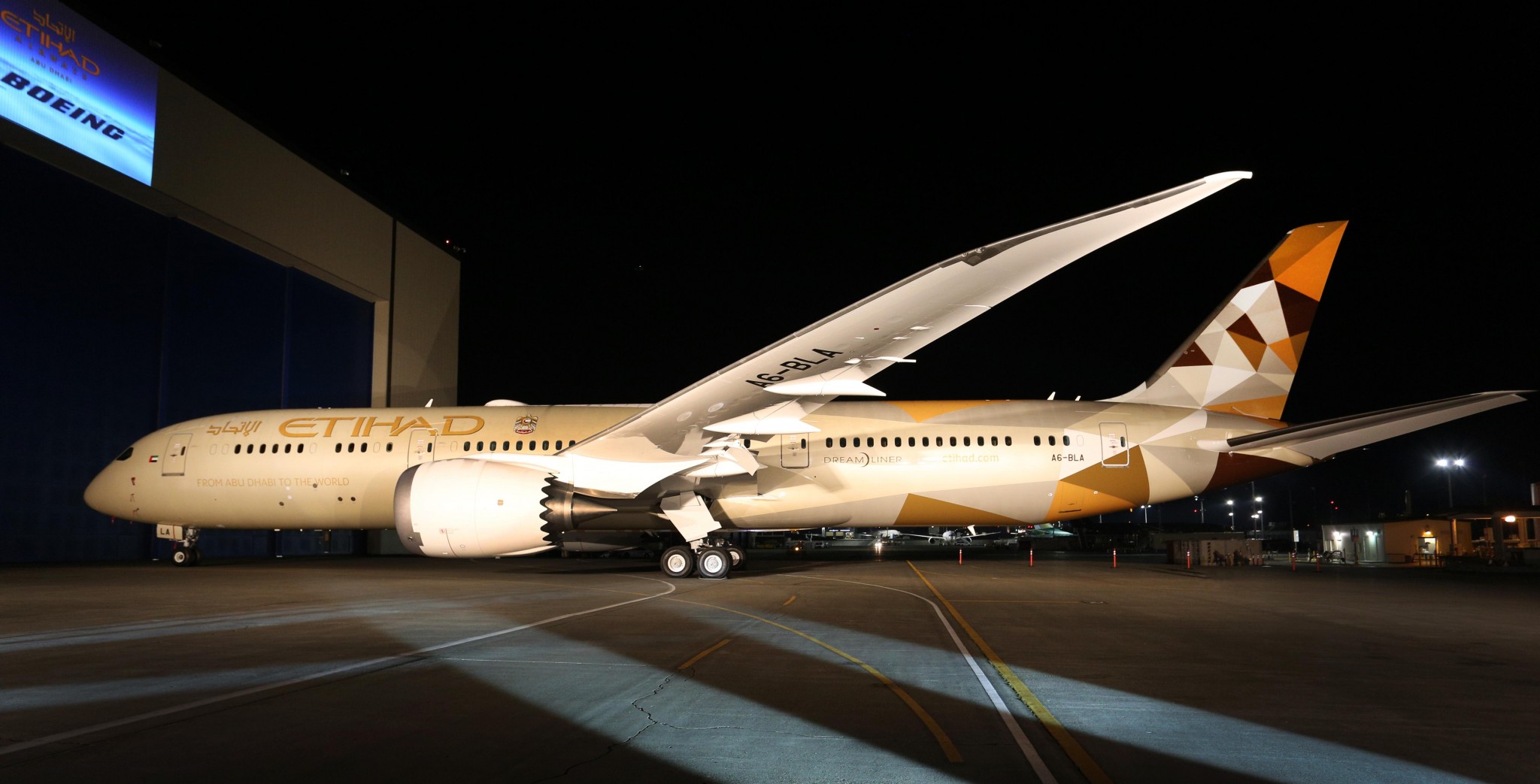In a joint statement from Naresh Goyal, chairman of Jet Airways, and Tony Douglas, chief executive officer of Etihad Airways, the pair have acknowledged that Jet Airways, its principal shareholders including Etihad Airways, and key financial stakeholders are “working towards the finalisation and subsequent implementation of the Bank-led Provisional Resolution Plan (BLPRP), to ensure that the carrier emerges as a financially strong and resilient airline”. The statement describes the approval of the BLPRP by the Board of Directors of Jet Airways last week as an important step in that direction, adding that they are “confident that once the BLPRP is finalised and implemented, Jet Airways will re-emerge as a viable and robust airline to reclaim its rightful place as airline of first choice for its customers”.
The long statement also calls out the “extraordinary headwinds” experienced by the aviation industry, namely rising oil prices, a depreciating rupee and market saturation that has hit “some airlines harder than others; Jet Airways… being one of them”. The statement seems to highlight the fact that as a full-service carrier, Jet Airways has struggled to meet its costs when external costs are rising. Surely this calls into question whether the model is right for the airline in its domestic market, going forward. The statement further points to the high network load factor of 87% through December 2018 and January 2019, with a high on-time performance rate and technical dispatch reliability of 99.52%. “Not only do these industry metrics underscore Jet Airways’ unwavering commitment to delivering only the most exceptional flying experience for its Guests, it is also an emphatic vote of confidence by the travelling public in Jet Airways as being their airline of choice.”
Renegotiating its debt and aircraft leases is a good start to keep the airline afloat but to remain solvent over the long term, Jet needs to fully reassess its business model and its place in the current marketplace.
Meanwhile, the proposed strategic partnership between Boeing and Embraer was approved today by Embraer’s shareholders during an Extraordinary General Shareholders’ Meeting held at the company’s headquarters in Brazil.
At the special meeting, 96.8% of all valid votes cast were in favour of the transaction, with participation of approximately 67% of all outstanding shares. Shareholders approved the proposal that will establish a joint venture made up of the commercial aircraft and services operations of Embraer. Boeing will hold an 80% ownership stake in the new company, and Embraer will hold the remaining 20%.
The transaction values 100% of Embraer’s commercial aircraft operations at $5.26 billion, and contemplates a value of $4.2 billion for Boeing’s 80% ownership stake in the joint venture.
Embraer shareholders also agreed to a joint venture to promote and develop new markets for the multi-mission medium airlift KC-390. Under the terms of this proposed partnership, Embraer will own a 51% stake in the joint venture, with Boeing owning the remaining 49%.
“This groundbreaking partnership will position both companies to deliver a stronger value proposition for our customers and other stakeholders and create more opportunities for our employees,” said Paulo Cesar de Souza e Silva, President and CEO of Embraer. “Our agreement will create mutual benefits and boost the competitiveness of both Embraer and Boeing.”
“Approval by Embraer’s shareholders is an important step forward as we make progress on bringing together our two great aerospace companies. This strategic global partnership will build on Boeing’s and Embraer’s long history of collaboration, benefit our customers and accelerate our future growth,” said Dennis Muilenburg, Boeing chairman, president and chief executive officer.
Embraer’s defence and executive jet business and services operations associated with those products would remain as a standalone publicly-traded company. A series of support agreements focused on supply chain, engineering and facilities would ensure mutual benefits and enhanced competitiveness between Boeing, the joint venture and Embraer.
“Our shareholders have recognised the benefits of partnering with Boeing in commercial aviation and the promotion of the multi-mission airlift KC-390, as well as understanding the opportunities that exist in the executive aviation and defence business,” said Nelson Salgado, Embraer Executive Vice President of Finance and Investor Relations.
“People across Boeing and Embraer share a passion for innovation, a commitment to excellence, and a deep sense of pride in their products and their teams – these joint ventures will strengthen those attributes as we build an exciting future together,” said Greg Smith, Boeing Chief Financial Officer and Executive Vice President of Enterprise Performance & Strategy.
Boeing and Embraer announced in December 2018 that they had approved the terms for the joint ventures and the Brazilian government gave its approval in January 2019. Shortly thereafter, Embraer’s board of directors ratified its support for the deal and definitive transaction documents were signed. The closing of the transaction is now subject to obtaining regulatory approvals and the satisfaction of other customary closing conditions, which Boeing and Embraer hope to achieve by the end of 2019.
Embraer states that it will continue to operate the commercial aviation business and the KC-390 program independently until the closing of the transaction.

